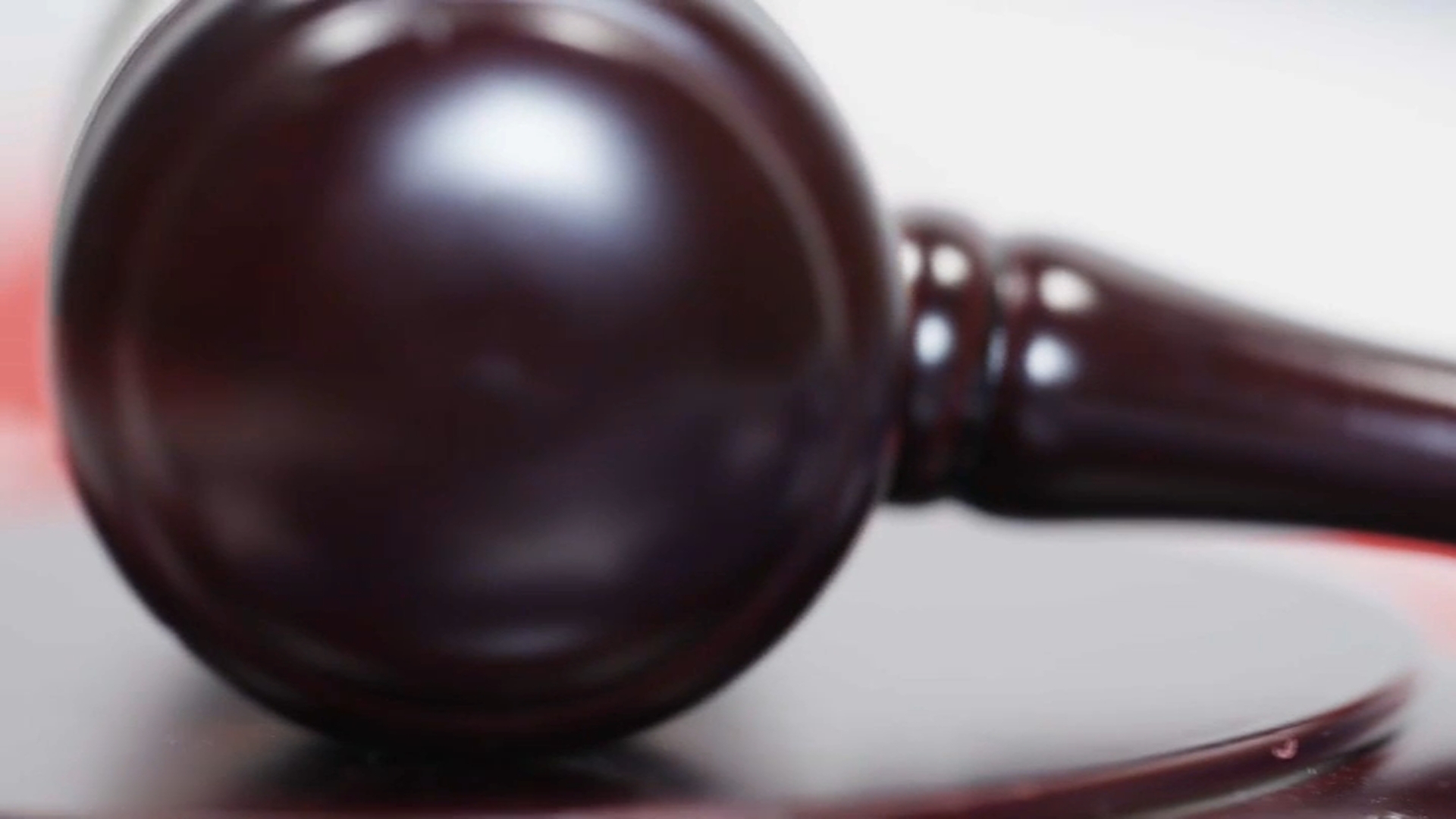Post-traumatic stress disorder, often referred to by the acronym PTSD, affects around 12 million people in the United States, according to the U.S. Department of Veteran Affairs, and even though treatment has been proven effective, many people still don't seek the help they need. Dave Campisano is founder and president of 22Mohawks, an organization focused on preventing veteran suicides. He sat down with NBC10 Boston's JC Monahan for PTSD Awareness Month to talk about the impact on our veterans.
PTSD is brought on by some kind of traumatic event. The U.S. Centers for Disease Control and Prevention describes it as "an intense physical and emotional response to thoughts and reminders of the event that last for many weeks or months after the traumatic event."
WATCH ANYTIME FOR FREE
Stream NBC10 Boston news for free, 24/7, wherever you are. |
Symptoms will vary person-to-person, but some of the key signs are feelings of reliving the event, avoidance of things that remind you of the event, having negative thoughts and feelings, and feeling on edge or "keyed up" - also called hyperarousal. This can result in things like nightmares, flashbacks, feelings of numbness, guilt or distrust, and memory loss - all of which can result in unhealthy behaviors.
The National Center for PTSD says at least half of Americans have experienced some kind of traumatic event, and of those people, one in 10 men and two in 10 women will develop PTSD. It is slightly more common in veterans than civilians, with 7% of veterans experiencing PTSD at some point in their life compared to 6% in the general population.
Get updates on what's happening in Boston to your inbox. Sign up for our News Headlines newsletter.
Campisano said while anyone can experience a traumatic event, the nature of a veteran's service makes PTSD and mental health a particular challenge in their community.
"If you have to go fight into combat day after day after day, you're going to have to kill someone. If you're in combat arms and when that happens, you don't get a day off and you have to mourn later, right. So that mourning will typically happen 10, 15 years later after you get out of service. And then symptoms of anxiety and depression start to kind of marinate themselves in the veteran. And that can look anything like anger, lack of sleep, bad dreams, and just a plethora of many things," he explained.
He said stigma and a desire to appear strong still stop veterans from getting help, despite the fact that treatment works and resources are readily available.
Local
In-depth news coverage of the Greater Boston Area.
"While you're in service, you don't want to bring up the fact that you're feeling weak or tired or hurt. You don't want to bring that up. So when you get out of service, you still kind of keep your mouth shut because you don't want to burden anyone else. So they carry that burden with them and it only hurts them more."
Campisano has often seen people turn to self-medication like drinking, drug use, or just overworking themselves.
"I'm not a clinician, but I get calls all the time from veterans, and they're not suicide calls per se, but they are reaching out like, 'Hey, you got a minute to talk?' And we talk. And I have to determine whether or not it's it's I'm I'm just understanding with the veterans saying kind of being a bro to that veteran. Right. Or if that person would need treatment."
The VA stresses that treatment does work and comes in different forms. The most common type is trauma-focused psychotherapies, and certain medications can also be effective.
22Mohawks takes a less clinical approach - the organization pairs veterans with dogs and also offers mental health, or as Campisano prefers to refer to it, mental fitness, coaching. The dogs offer companionship but also require training that gives the veteran a sense of purpose.
The nonprofit also brings veterans together from across the country twice yearly for parachuting events. More than anything, Campisano said it's about creating a space for them to go with their concerns and helping them connect with each other.
"If we hand over a dog to a veteran, they just like, thank you so much, and then they'll talk to you about their traumas, their time overseas. And I think that if more organizations brought veterans in, left the judgment at the door and let veterans speak, I think it would it would really relieve a lot of that, you know, the symptoms of PTSD, and anxiety and suicide ideation."
To learn more about 22Mohawks, click here.
If you or someone you know is in crisis, call or text 988 to reach the Suicide and Crisis Lifeline or chat live at 988lifeline.org. You can also visit SpeakingOfSuicide.com/resources for additional support.



